Dispute Grows Over Starvation in Gaza Amid Rising Malnutrition Deaths and Aid Access Challenges
Rising malnutrition deaths in Gaza amid limited aid access and looting have sparked global concern and dispute, as Israel denies starvation while the U.N. reports worsening conditions.
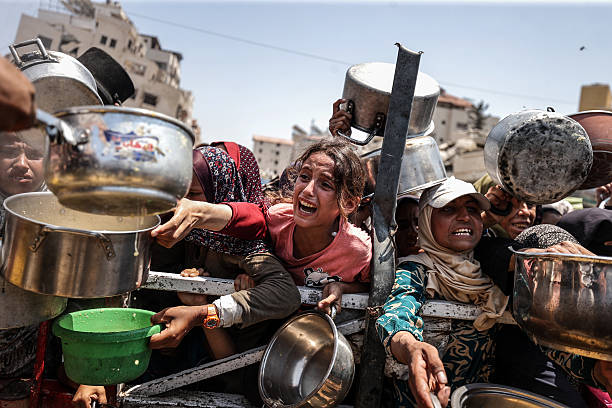 Food distributed to Palestinians struggling with hunger in Gaza
Food distributed to Palestinians struggling with hunger in GazaIsraeli Prime Minister Benjamin Netanyahu has denied claims of starvation in Gaza, stating, “There is no policy of starvation in Gaza, and there is no starvation in Gaza. We enable humanitarian aid throughout the duration of the war to enter Gaza – otherwise, there would be no Gazans.” However, U.S. President Donald Trump publicly disagreed on Monday, citing images of emaciated children and stating, “Those children look very hungry.”
In response to growing international pressure, Israel over the weekend announced new humanitarian measures, including 10-hour daily pauses in fighting, airdrops, and other initiatives to facilitate the delivery of aid to Palestinians in Gaza. The U.N. described the move as a one-week scale-up of aid, but residents on the ground reported little to no improvement. Israel has not specified how long these measures will last.

At one airdrop site, Hasan Al-Zalaan described the scene as chaotic and demeaning: “This aid, delivered in this way, is an insult to the Palestinian people,” he said, as people fought over limited supplies and crushed cans of chickpeas littered the area.
Israel blames Hamas for obstructing aid, accusing the group of diverting supplies to support its governance in Gaza. The U.N. disputes claims of systematic looting and states that when sufficient aid is allowed in, distribution improves significantly.
The World Health Organization (WHO) reported 63 malnutrition-related deaths in Gaza so far this month, including 24 children under the age of five — up from a total of 11 deaths over the previous six months. Gaza’s Health Ministry reports even higher figures, citing 82 deaths this month: 24 children and 58 adults, including 14 deaths in the past 24 hours alone. The ministry, though operating under Hamas, is staffed by medical professionals and is regarded by the U.N. as the most reliable source for casualty data, which U.N. agencies also verify with partners on the ground.
Medical officials at the Patient’s Friends Hospital in northern Gaza reported for the first time deaths from malnutrition in children without preexisting conditions. Adults who died were often already suffering from illnesses such as diabetes or kidney and heart conditions, which were worsened by starvation.
According to the WHO, acute malnutrition in northern Gaza has tripled this month, affecting nearly 20% of children under five. Rates have also doubled in central and southern Gaza. The U.N. reports that Gaza’s four specialized malnutrition treatment centers are now overwhelmed.
The Integrated Food Security Phase Classification, the global authority on food crises, has warned of impending famine in Gaza for months. However, it has yet to declare a famine, citing insufficient data due to Israel’s restrictions on access.
On Sunday and Monday, Israel’s military conducted food airdrops, distributing 48 packages. However, U.N. World Food Program spokesperson Martin Penner said their 55 aid trucks entering Gaza on Monday via the Zikim and Kerem Shalom crossings were looted before reaching WFP warehouses.
Experts have called airdrops inadequate for Gaza’s scale of need and dangerous for civilians. Palestinians are calling for the restoration of the full U.N.-led aid distribution system, which operated earlier in the conflict, rather than the Israeli-supported mechanism introduced in May.
Eyewitnesses and medical personnel allege that Israeli forces have shot and killed Palestinians attempting to reach food aid distribution points or crowding around incoming aid trucks. The Israeli military claims only to have fired warning shots to disperse perceived threats.
The U.N. and aid partners insist that the most effective method of delivering aid is by truck. Each truck carries about 19 tons of supplies. Since the start of the war, Israel says 95,435 trucks have entered Gaza as of July 21, averaging 146 per day — well below the 500 to 600 daily trucks the U.N. deems necessary. For extended periods, that number dropped to half, and between March and mid-May, no trucks entered at all due to a full blockade imposed by Israel.
Even when aid is permitted into Gaza, its delivery is hindered. The U.N. must obtain Israeli military clearance to retrieve supplies left at border entry points. Over the past three months, the military has denied or delayed more than half of the U.N.’s movement requests for trucks.
When trucks do retrieve aid, they are frequently surrounded by hungry crowds and armed groups who seize the supplies. Civilian police under Hamas once escorted these convoys, but their presence has ceased following Israeli airstrikes targeting them.
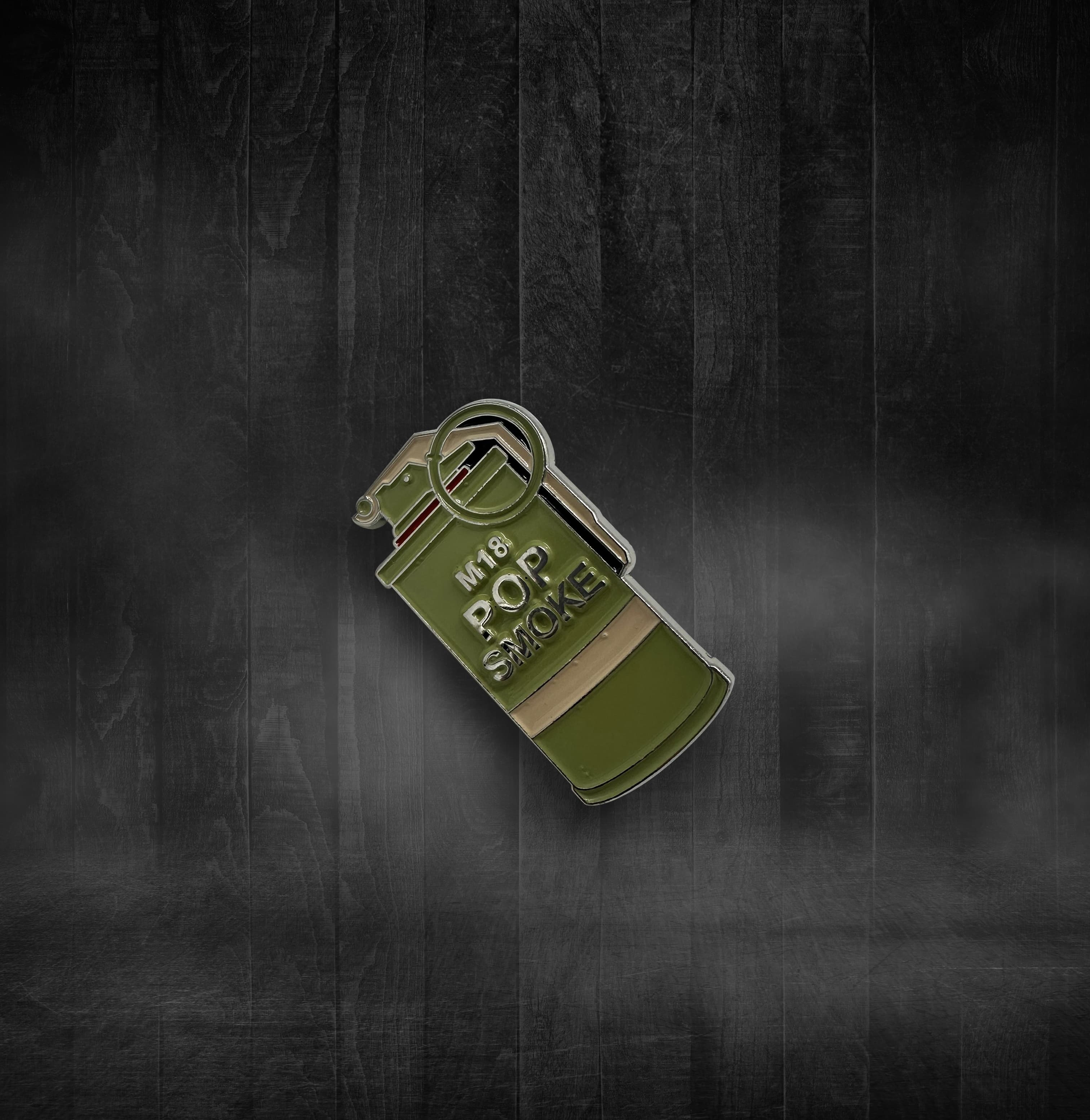



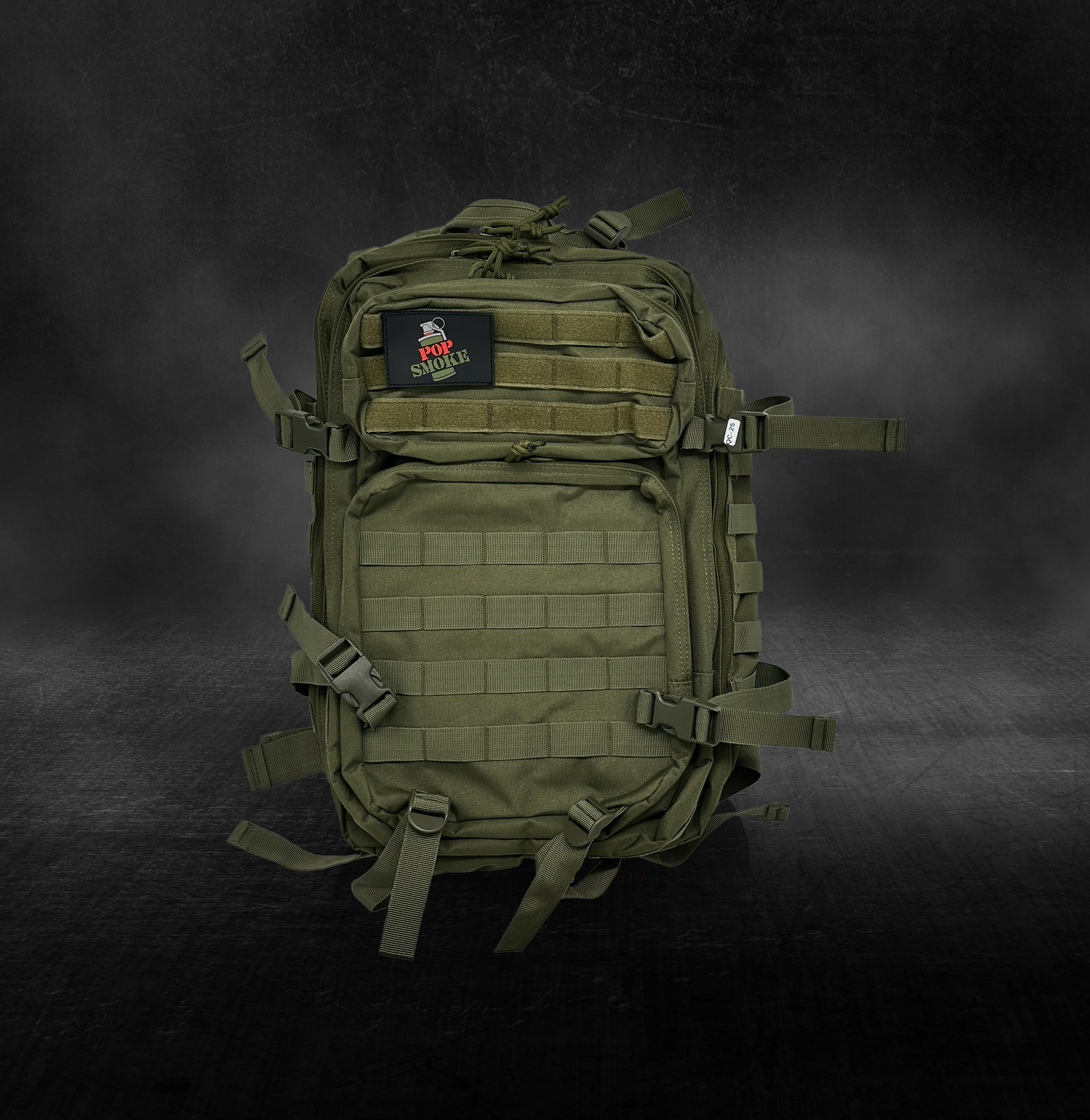



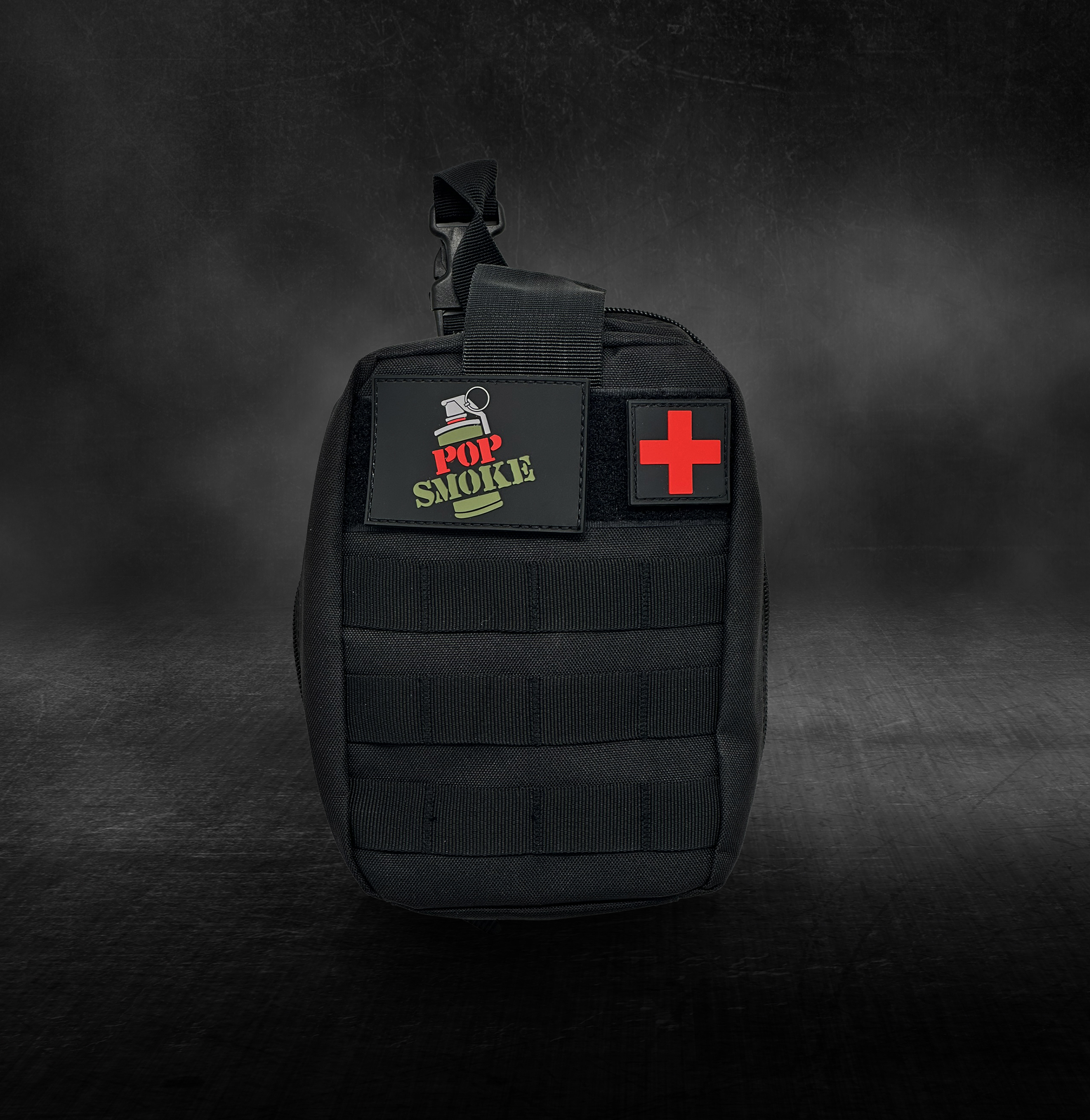



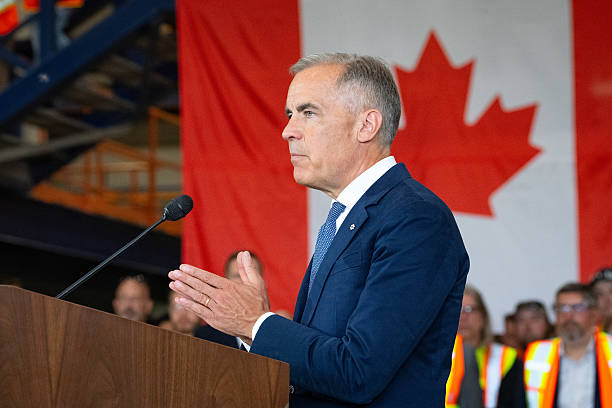
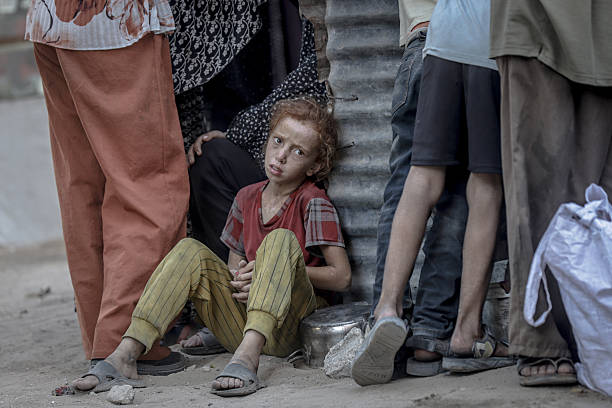

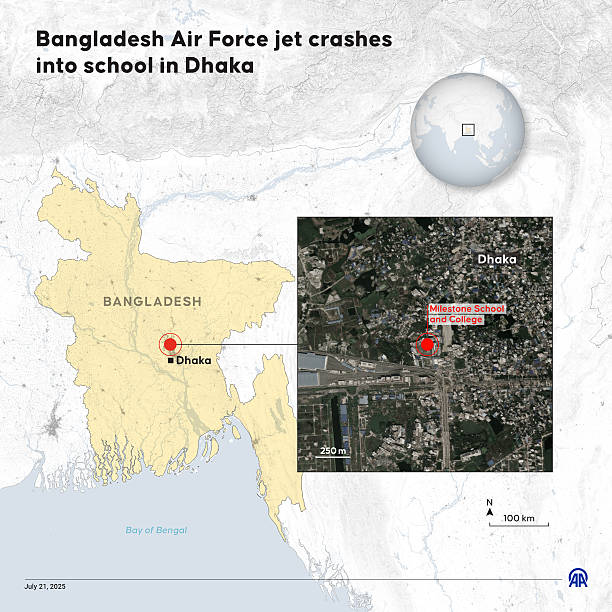
Conversation